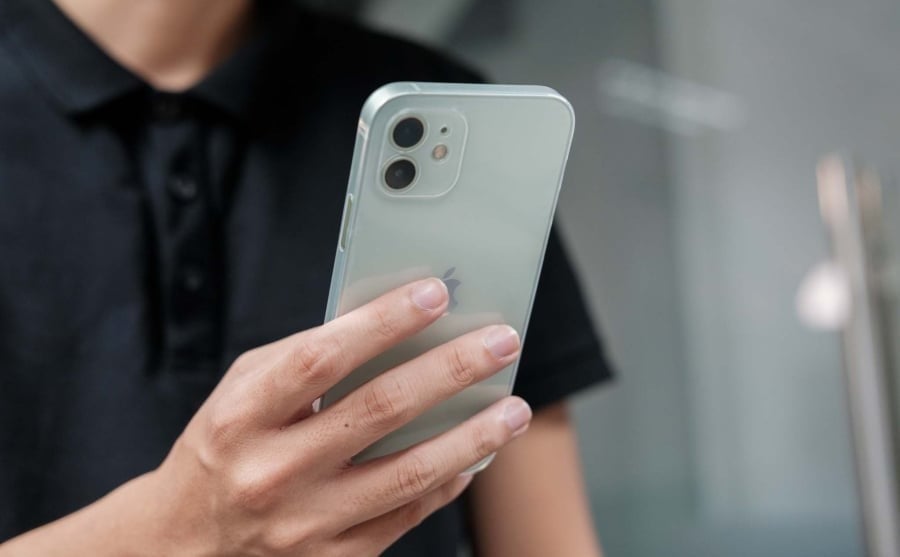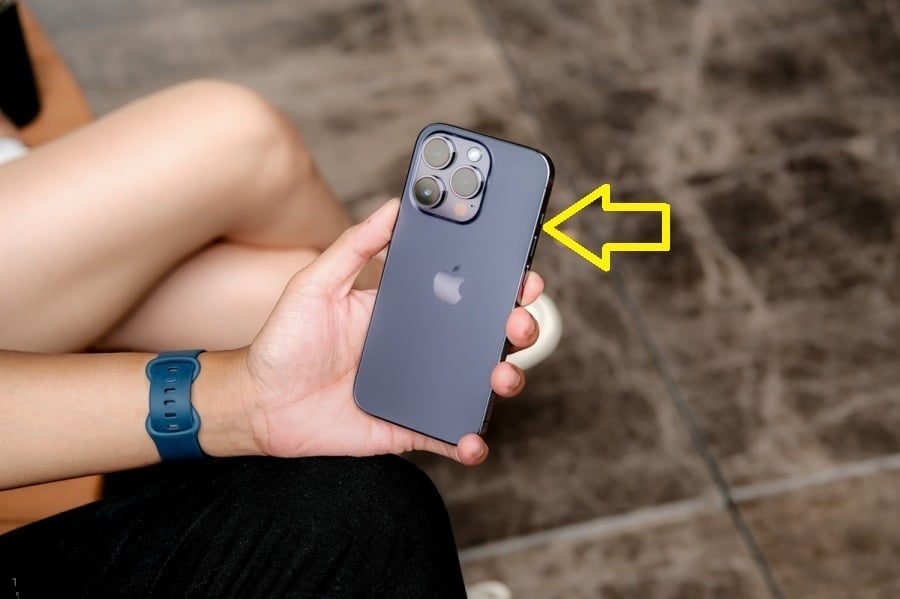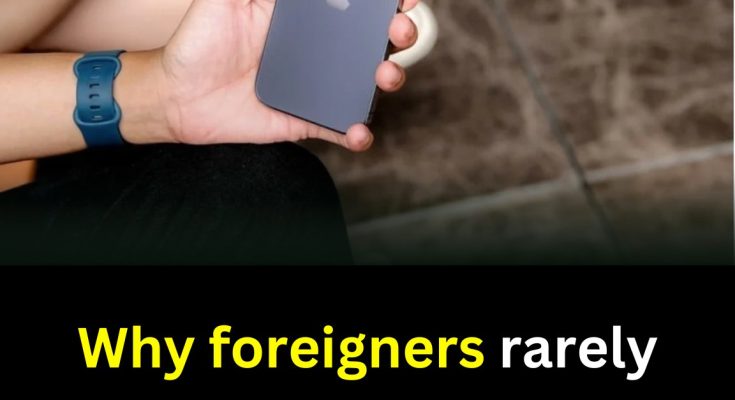Phone cases are a familiar and essential accessory for many, protecting your beloved phone from external impacts. However, using phone cases isn’t as common among many foreigners. Ever wondered why? Here are some reasons that might explain this difference.
Phone Cases: An Essential Accessory for Asians
Phone cases are a must-have accessory for users in Asia. They are designed to protect the phone’s exterior from scratches and dust and minimize damage from impacts with hard objects.
1. Protection from Bumps and Scratches
Phone cases are made to shield the entire body of the phone from unwanted bumps and scratches, allowing users peace of mind without worrying about device damage or depreciation.
2. Extending the Phone’s Durability
With sturdy, durable materials, phone cases help extend the life of the device. They protect the phone from environmental impacts like dust, water, and collisions, helping it to last longer.
3. Anti-Slip Features
Many phone cases come with anti-slip surfaces, making it easier for users to comfortably grip and handle the phone, reducing the risk of dropping and breaking it.
4. Expressing Personal Style
With a wide variety of designs and colors, phone cases allow users to customize and show off their personal style. They can choose from simple styles to elaborate decorations that suit their tastes.
5. Adding Aesthetic Appeal
Besides protection, phone cases are also fashion accessories that allow users to choose unique designs, making the phone more attractive and adding flair to their personal style.

Why Many Foreigners Don’t Use Phone Cases 1. Trust in the Phone’s Built-In Design and Durability
Many foreign users trust the design and durability standards set by smartphone manufacturers, believing the phones are robust enough to handle minor impacts during daily use. Some have become accustomed to the “bare” feel of the phone, as cases tend to add extra bulk, impacting portability.
2. Limited Protection from Cases
Most people think phone cases will help the phone last longer and retain value for resale. However, cases don’t offer 100% protection. In fact, some may even increase the likelihood of internal damage. Many foreigners feel that cases don’t provide enough protection unless they’re specifically designed for drop resistance. Plus, cases may create a false sense of security, causing people to be more careless with their phones.
3. Aesthetic Considerations
Many value the original aesthetic design of their phone. After all, from Apple’s iPhone to Samsung’s Galaxy, each phone is the result of designers’ hard work. Using a case can be like putting a bulky frame around a beautiful painting, potentially diminishing its initial beauty.
Smartphone companies invest millions of dollars in product design to ensure user satisfaction. It seems unnecessary to hide a luxurious, beautiful smartphone that you paid good money for with a plain cover out of fear of scratches.
4. Reduced Heat Dissipation
Smartphones now come with powerful chips and excellent multitasking capabilities, which can generate significant heat. A phone case may reduce heat dissipation, potentially harming the device and causing discomfort during use. This issue can worsen if the case is made from certain materials or is too thick. Overheating, especially when exposed to external heat sources like sunlight, can also be harmful to the battery.
Not using a phone case allows better heat dissipation, keeping the phone cooler and more comfortable to hold. Besides heat concerns, cases can also make smartphones bulkier and heavier, taking away from their natural feel.
5. Inconvenient with Wireless Charging
Many smartphones now use wireless charging, but using a phone case can make this less convenient. Some wireless chargers can charge through the case, but the charging time is often longer, and efficiency may be reduced.
Many feel that uncased phones are easier to slip into a pocket and more comfortable to use. Some phones’ frames and designs are actually better suited for use without a case.
For these reasons, foreigners tend to use phone cases less often. However, this doesn’t mean all foreign users avoid cases; it’s more a matter of personal preference and habit than a cultural trend.





